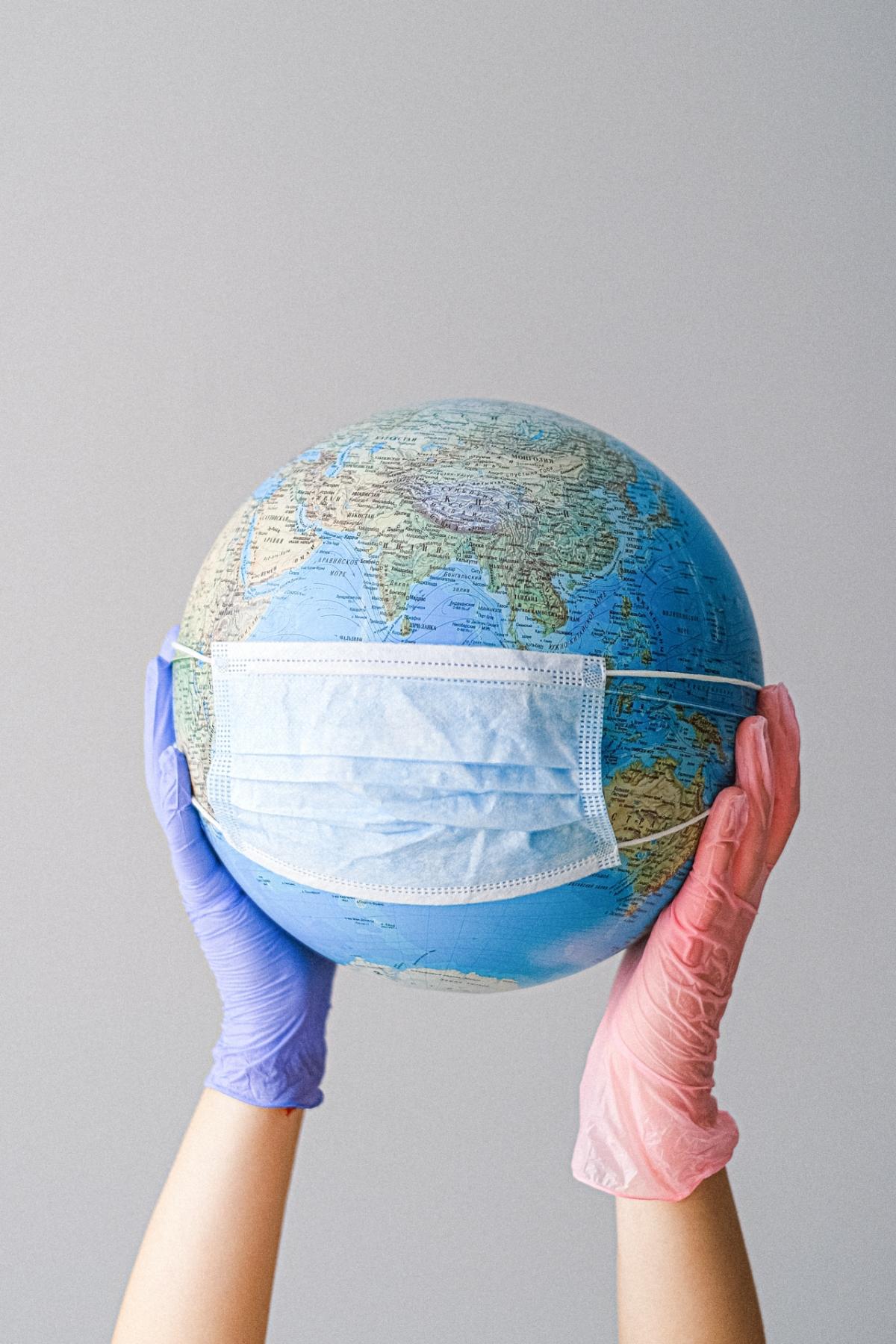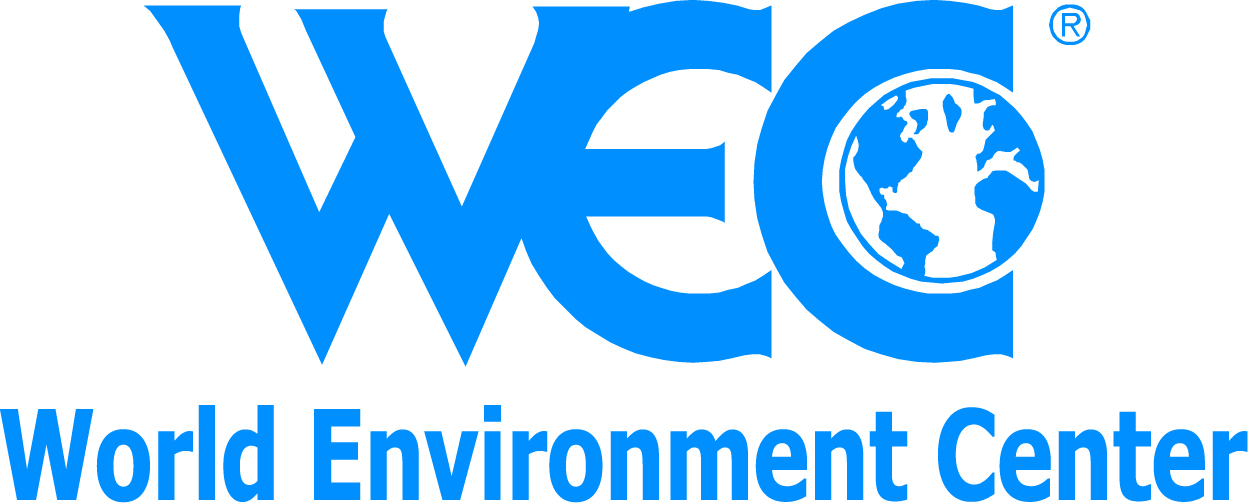A Hot Summer for Sustainability

It’s been a busy summer for sustainability leaders. Companies have issued new goals and strategies at an astonishing rate. Just since June:
- BP announced a strategy to reach its previously declared goal of net-zero greenhouse gas emissions by 2050 or sooner, including a 40 percent drop in oil & gas production and a $5 billion annual investment in low-carbon energy by 2030.
- Microsoft articulated implementation strategies to reach its goal of removing more carbon from the atmosphere by 2050 than it’s emitted since its founding.
- Apple declared it will be carbon neutral across its value chains by 2030.
- Unilever set out new sustainability goals, including net-zero emissions from all its products by 2039 and a deforestation-free supply chain.
- Ecolab set new 2030 impact goals for water, climate, food, and health, including a 50 percent cut in emissions and a positive water impact.
- P&G pledged to become carbon neutral by 2030.
- Citigroup launched a new sustainable progress strategy, including $250 billion in environmental financing.
- Cargill announced 2030 goals to restore water, reduce pollution, and ensure safe drinking water in priority watersheds.
- Kering pledged a net positive impact on biodiversity in its supply chains by 2025.
- Leading companies and NGOs partnered to form the Transform to Net Zero Coalition to accelerate implementation of net-zero commitments.
All of this in the midst of a global pandemic and a resulting, worldwide, economic recession. What’s happening?
Many expected 2020 to be a transformational year. It was to mark the first “ratcheting up” by governments of their Paris Agreement commitments, with extreme climate events signaling the need for greater urgency. New global goals for biodiversity were to be set at a landmark UN conference in China. And companies and industry associations around the world had set 2020 as a target year to reach and reset their own sustainability goals.
One would think that the global disruption of the COVID-19 pandemic would have interrupted this collective, corporate exercise in long-term, global planning. Amazingly, it hasn’t. In fact, it may even be helping to accelerate corporate commitments.
The focus isn’t so much on the calendar anymore. The UN climate and biodiversity conferences have been postponed. Companies’ own goal-setting deadlines still came due, but the ambition and depth of this summer’s commitments are startling.
Business leaders seem to be responding to a more important, real-world lesson: that natural events—the pandemic in this case—can trigger massive disruptions in the global economy that require systemic changes to mitigate and prevent. Companies are rethinking core business strategies in light of the disruption. The record drop in global energy demand this spring is a good example. While energy demand has recovered, the energy sector faces a more uncertain outlook, which encourages all companies to think more deeply about their own energy dependencies. Similar disruptions and uncertainties loom for supply chains, consumer behavior, public sector budgets, and other planning parameters.
Analysts have long warned that climate change and other environmental threats could have disruptive impacts on the global economy. But threats of such magnitude—not linked to war or political unrest—have always seemed remote and easy to discount. No longer. While the COVID-19 pandemic doesn’t have a direct link to climate change, it anticipates climate-driven disruptions to come, including disease outbreaks, droughts, floods, storms, heatwaves, and more. We have learned in 2020 that we ignore the warnings of science at our peril.
On top of the pandemic and its economic impact, the sudden and welcome rise of the Black Lives Matter movement is forcing companies to think more deeply about their impacts on society and their obligations to dismantle long-standing systems of oppression. As I wrote in my last blog, sustainability and social justice are intimately linked. An economy that grows by benefiting some at the expense of others is inherently unsustainable. The urgency of this summer’s sustainability commitments in part is a response to the renewed social justice movement.
Stepping back from the specifics of 2020, it’s clear that disruptive change is becoming the norm, and the changes are accelerating. Sustainability is a strategy to “future-proof” a company to unpredictable shocks and disruption by minimizing dependencies on vulnerable natural resource supply chains, building resilience and efficiency in operations, and responding more quickly to changing societal priorities and demands.
The World Environment Center aims to help its member companies surf these waves effectively. We are convening executive roundtables on decarbonization, ESG investing, circular economy, sustainable food production, nature’s contribution to the SDGs, and more. We are welcoming a next tier of members new to sustainability, who want to learn from more experienced companies. We are redoubling our capacity building programs for small enterprises in Latin America, Africa, and the Middle East and linking them to the supply chains of our members.
Our members get out of WEC what they put into it. The same is true for our peer organizations who convene business leaders on sustainability. The pandemic has left us all more stressed, isolated, and burdened than ever. It’s easy to let the urgent overtake the important. I encourage you to get involved in WEC and other programs that are meaningful to you and your business. Share your ideas and challenges with your peers. They can help you position your company to capture the opportunities and avoid the pitfalls that disruption brings.
In 2020, we are all learning. WEC believes we are stronger if we learn together. Join us!
Glenn Prickett is the President and CEO of the World Environment Center. He has spent three decades leading international environmental, natural resource and climate change policy in some of the world’s preeminent NGO’s.
Photo Credit: Photo by Anamul Rezwan from Pexels

